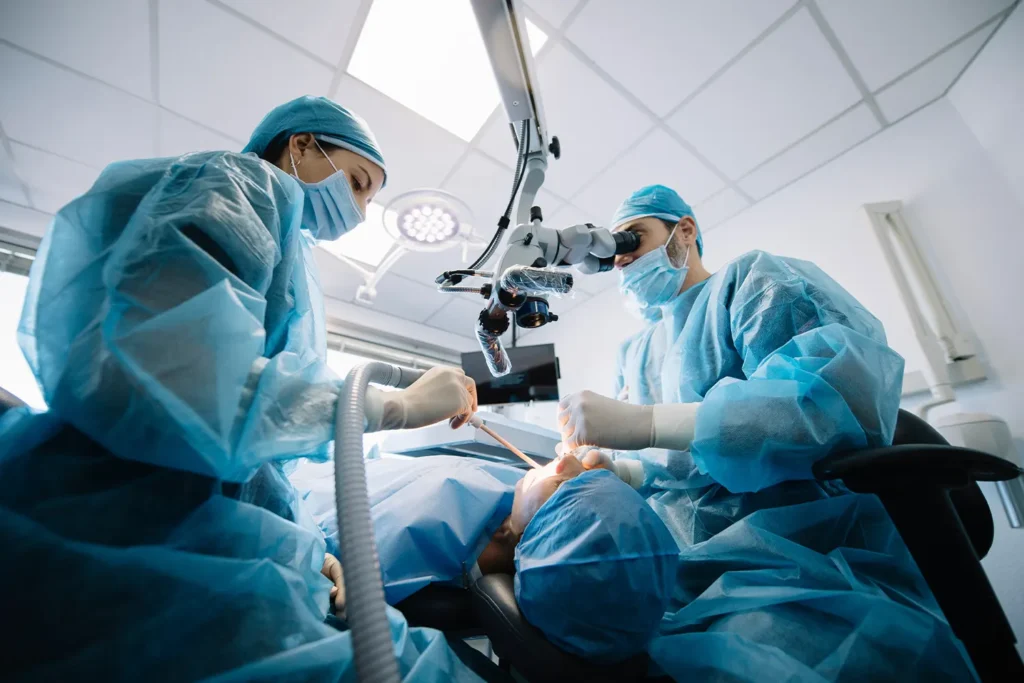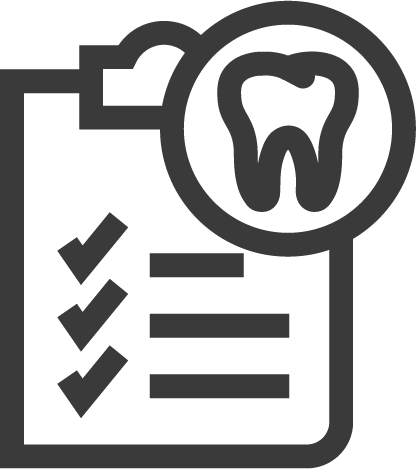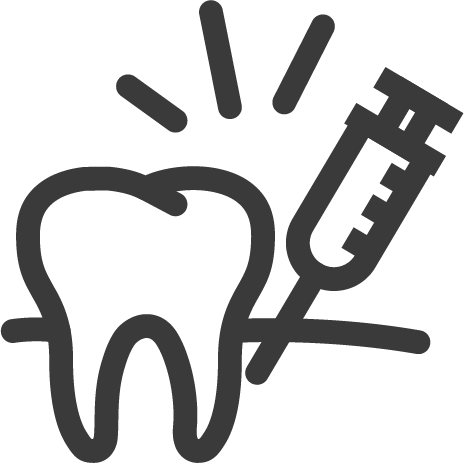Oral Surgery In Rochester Hills, MI

What Is Oral Surgery?
Oral surgery is a cluster term for the different types of surgeries that dentists can perform on your mouth and jaws. These surgeries are usually performed by a periodontist, maxillofacial surgeon, or oral surgeon. They’re useful for addressing various dental complications, including impacted teeth, sleep apnea and others. Sometimes, jaw surgery forms part of a larger surgery, like bone grafting when getting dental implants.
Dentists only recommend oral surgery after thoroughly evaluating your teeth, gums, and jaws. It’s also worth noting that dentists will only begin the surgery after you fully consent to the procedure and understand the risks involved in getting surgery. Oral surgery might be unsuitable for people with certain medical conditions like diabetes and heart conditions.
Questions? Contact us! (248) 652-1100 BOOK AN APPOINTMENT
The Oral Surgery Process

Initial Consultation and Treatment Planning
Our oral surgery process starts with a consultation with the oral surgeon in charge of your surgery. This consultation examines your dental complications and determines the necessity of oral surgery for addressing your ailment. It involves taking x-rays and conducting tests like TMJ tests. Next, the dentist in Rochester will create a treatment plan that outlines the exact details of the procedure, particularly the methodology involved.

Preoperative Preparations and Sedation/Anesthesia Administration
Before the surgery, the dentist will provide you with pre-operative instructions regarding dietary restrictions and transportation arrangements. On the day of the surgery, the dentist will administer sedation to help you relax and anesthesia to ensure a painless procedure. They’ll only proceed to the next step after the anesthesia kicks in completely.

Surgery and Post-Operative Care
Next, the surgeon will conduct the oral surgery as described in the treatment plan. Some of the surgeries that we handle in our clinic include dental implants, jawbone grafting, and corrective jaw surgeries. After the surgery, the dentist will prescribe medication to promote healing and issue instructions for ensuring a quick and effective recovery.
What We Offer
Restorations
We offer all types of dental restorations, including dental crowns, implants, dentures, and veneers, among others. All our restorations are made from high-quality materials and will last a lifetime, provided you care for them and maintain proper oral hygiene. We custom-make our restorations to your exact specifications to ensure optimal comfort and effectiveness.
Single Tooth Implants
We offer single-tooth implants for patients with individual missing teeth in either jaw. Our dental implants are made from top-quality titanium that’s both durable and bio-compatible. We embed these implants deep in your jaw to ensure stability and complete fusion with the jawbone.
Maintenance
Periodic maintenance of dental restorations and orthodontic devices is imperative for their longevity and proper functioning. And that’s why we offer repair and maintenance of restoration and orthodontic devices as an alternative to replacing them. We utilize high quality materials and techniques to help you get the most out of your dental fixtures and devices.
Frequently Asked Questions
How Long Do Oral Surgeries Take?
The duration of oral surgeries depends on the type of surgery in question. Oral surgeries can take anywhere from thirty minutes to a few hours to complete. Surgeries rarely extend beyond four hours unless in cases where anatomical abnormalities disrupt the surgery. The dentist will provide you with an estimate of the duration of the surgery for your personal organization.
Will I Experience Pain After the Oral Surgery?
Pain is normal after oral surgeries, so your doctor may prescribe pain medications or recommend over-the-counter options. Alternatively, you could use home remedies like cold packs and heat therapy to help with the pain. Contact the dentist should the pain persist for more than three days after the surgery.
